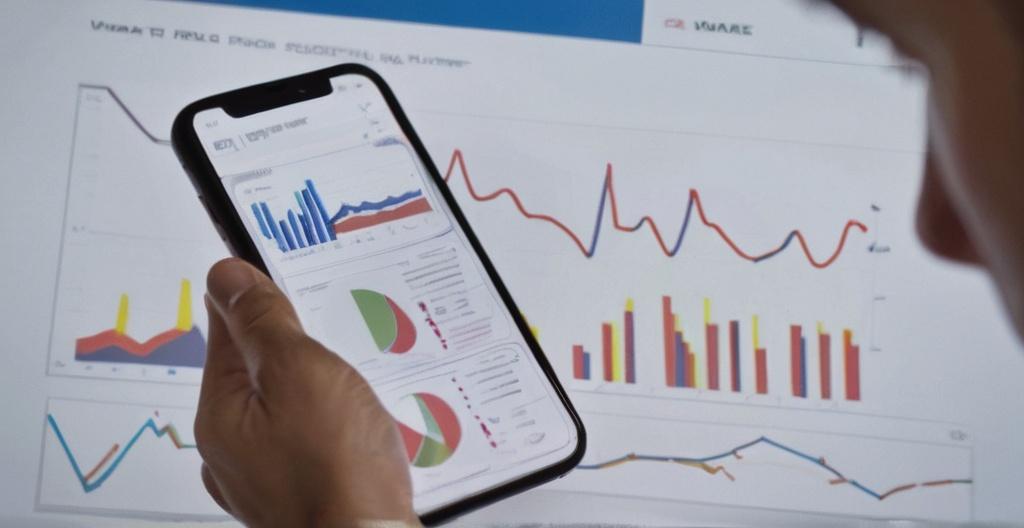Key Take Aways About Social Trading
- Social trading leverages online communities for learning, not just copying trades.
- Platforms allow traders to share updates and strategies, offering charts and analysis tools.
- Difference between copy trading (mimicking trades) and mirror trading (replicating strategies).
- Attractive for both beginners and experienced traders, offering mentorship and commissions.
- Analytical tools and sentiment analysis are crucial but not foolproof.
- Risks include overleveraging, herd mentality, and lack of due diligence.
- Emotional control and understanding trading psychology are essential for success.

Intricacies of Social Trading
Social trading, though not really a brand spanking new concept, has been turbocharged by the interconnectivity of the web. This isn’t about mindlessly copying your neighbor’s stock picks but rather about learning from an active community of savvy investors. It’s like a trading pit from the past but without the sweaty chaos. A social trading platform allows users to replicate or learn from the strategies of more experienced traders or simply engage them in discussion. However, it’s essential to note that social trading isn’t a get-rich-quick scheme. The markets, ever unpredictable, often laugh at certainty.
How Social Trading Platforms Work
These platforms bring like-minded individuals together. But how do they roll? At the core, we’ve got a user-friendly interface that mixes elements akin to social media. Traders can follow each other, share real-time updates, and even peek into each other’s portfolios. Most platforms provide charts and technical analysis tools, ensuring traders aren’t shooting in the dark.
Copy Trading vs. Mirror Trading: A Not-So-Subtle Nuance
Anyone dipping their toes into social trading should understand the difference between copy trading and mirror trading. In copy trading, you mimic the trades of selected traders – think of it like parroting a seasoned pro. With mirror trading, it’s all about replicating entire strategies instead of individual trades. You’re adopting a full-fledged playbook rather than just swiping a single play.
The Appeal of Social Trading
Why’s everyone buzzing about it? It’s an enticing cocktail of learning and earning. For beginners, it’s like having a mentor on speed dial. For seasoned traders, it’s a chance to showcase prowess and earn followers – and sometimes, commissions. Engaging with a community often leads to fresh insights and perspectives, offering potential paths one might not have explored in isolation.
Analytical Tools and Their Role
If you’re serious about social trading, then getting chummy with charts and analysis tools is non-negotiable. From candlestick patterns to RSI indicators, these tools help decipher the market’s mood. Whether you’re using MetaTrader or some bespoke platform, understanding the ebbs and flows can turn potential pitfalls into learning experiences.
The Role of Sentiment Analysis
Social trading platforms usually incorporate sentiment analysis tools, tracking mentions and analyzing general moods. Understanding market sentiment can provide a leg up, though it’s not foolproof. Remember, while everyone else is zigging, sometimes the winning move is to zag.
Risks Involved in Social Trading
Here comes the party pooper section. Just because you’re mimicking a guru, doesn’t mean you’re bulletproof. Several hidden risks could trip you up. Overleveraging’s a biggie. All it takes is one wrong turn to see your funds disappear faster than a bowl of chips at a party.
Then there’s the herd mentality – being caught up in the euphoria of the masses can sometimes lead to collective folly. It’s the blind leading the blind if caution’s not exercised. Always, and I mean always, assess your risk tolerance before diving in headfirst.
Anecdotal Insight — The Diary of a Novice Trader
A friend of mine, let’s call him Joe, once thought he’d cracked the code when following a top trader on a popular platform. Joe, fired up by impressive returns, mimicked trade for trade. But as with most things too good to be true, the tide turned. The market nosedived, and Joe, with all his eggs in one basket, had to learn an expensive lesson. It’s the classic tale of relying solely on someone else’s strategy without a personal contingency plan.
Why Due Diligence Matters
Sure, copying a trader seems like it could save time and brainpower. But understanding the “why” behind trades ensures you’re not just gambling. Read up on trader profiles, their past performances, and strategy descriptions. Dig into forums and reviews. An informed trader is a smarter trader.
Trading Psychology and Emotional Control
Engaging in social trading without mastering trading psychology is like driving a car without brakes. Excitement and fear swing the markets and often one’s decisions. Emotional control’s the name of the game. Whether you’re flying high or hitting lows, keep your emotions in check. If Joe had done so, perhaps his roller-coaster story would have been different.
In Summary
Social trading, with all its glamour and potential pitfalls, is not for the faint-hearted. It’s a blend of community, learning, trial, and error. It’s about watching, learning, adapting, and sometimes, knowing when to zig when everyone else zags. But remember, a well-thought-out approach and an understanding of the inherent risks can be the tools that transform you from a mere copycat to a savvy trader in your own right.